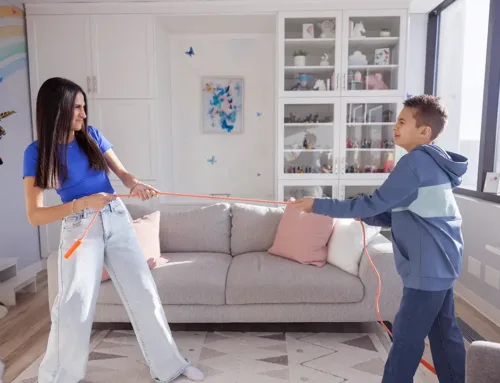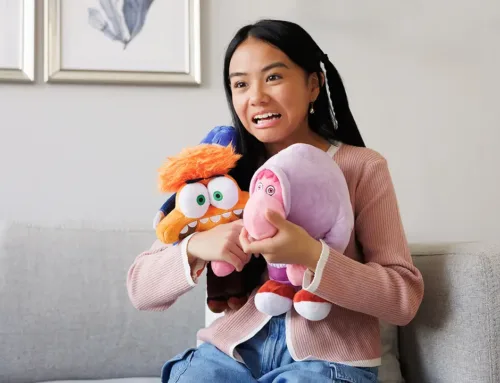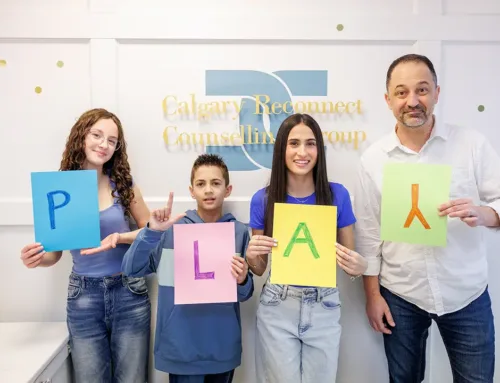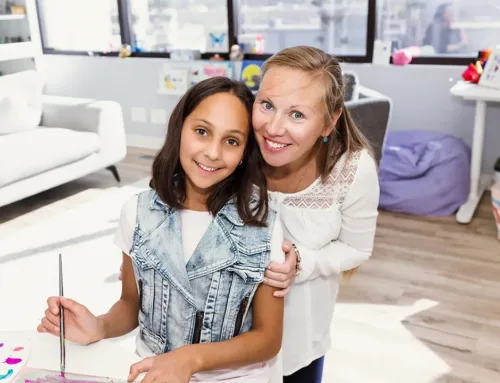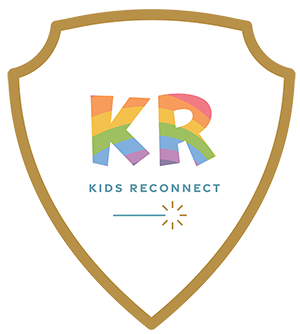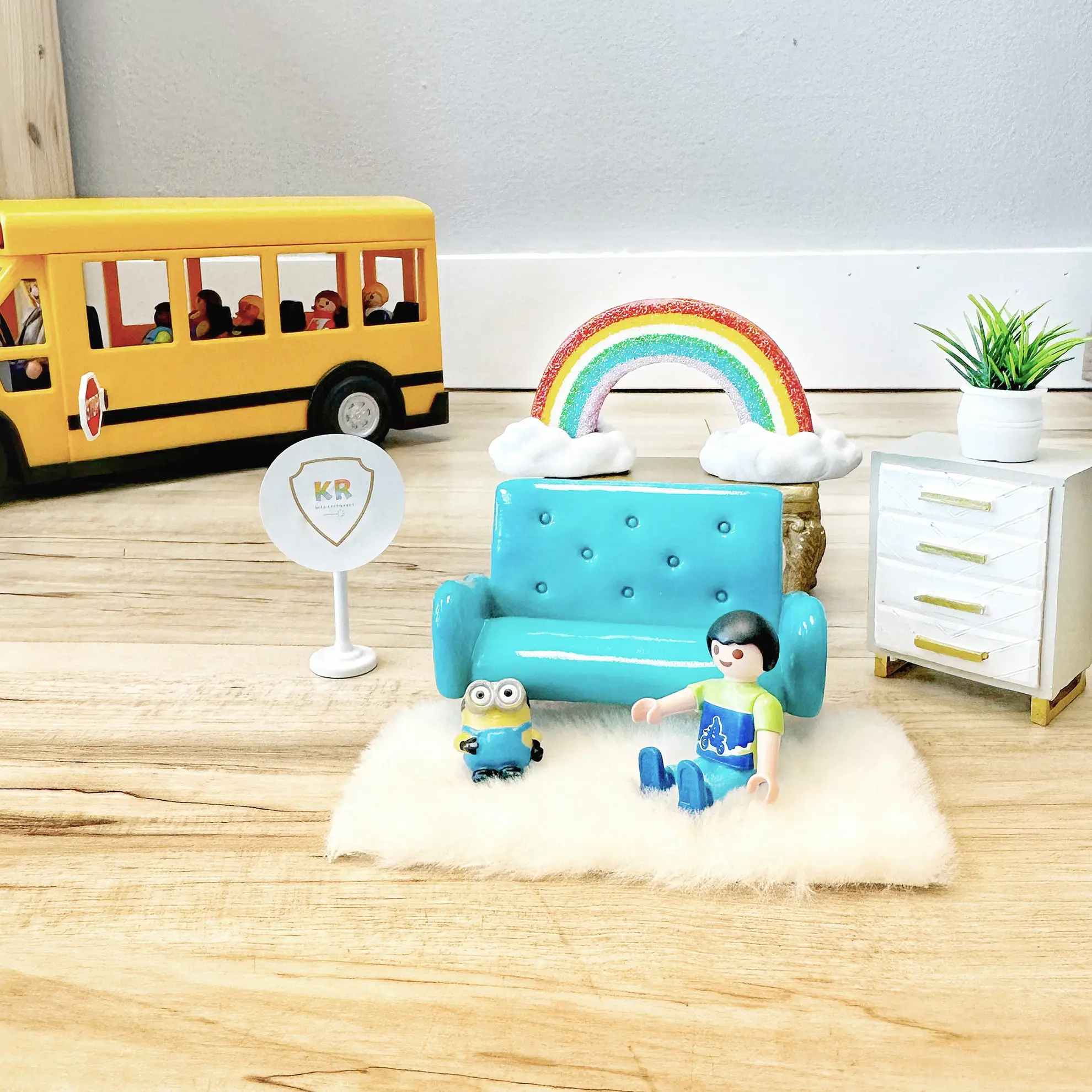
Parents often ask us whether it’s okay for their child to miss school to come to child counselling.
Although every situation is unique, in general, here is how we feel about this.
Firstly, the sooner a child can feel better, the better.
In terms of school, when a child is stressed, it impairs their ability to learn and perform academically. Even more deeply, when a child is not doing well in school, it hinders their sense of worth or self-esteem.
A child’s emotional struggles affect how they feel about school and how well they can do in school. When there is a sudden drop in school performance, it is often a sign that something big is going on in a child’s emotional world that requires or could greatly benefit from specialized help.
In therapy, children manage and process their “big feelings” so that the impacts of going through whatever is troubling them do not carry through for weeks, months, or even years, into adolescence and adulthood. Kids need to feel better to do better.
We’ll say that again.
Kids need to feel better to do better.
Feeling well is important.
Taking your child to therapy is a way you can support your child’s success in school, even when they’re not in school. Therapy can help your child improve their learning, their sense of engagement in their class, their friendships at school, and their sibling relationships.
Many parents have advised that coming in with their child during the daytime allows them to support their child in these areas in a special way. Besides – how many times do you, as a parent, wish you could miss a boring work meeting during the workday?
We can’t wait for your child’s visit to EmPOWERland!
A special note about “big feelings”
Psychologists use special clinical names, such as “adverse childhood experiences”, “childhood trauma”, or “anxiety” to refer to children’s struggles.
In EmPOWERland at Kids Reconnect, we use terms like “ugly ughs”, “big feelings”, “tricky feelings”, or “big worries”. These are simpler, gentler words that kids can more easily understand and relate to.
